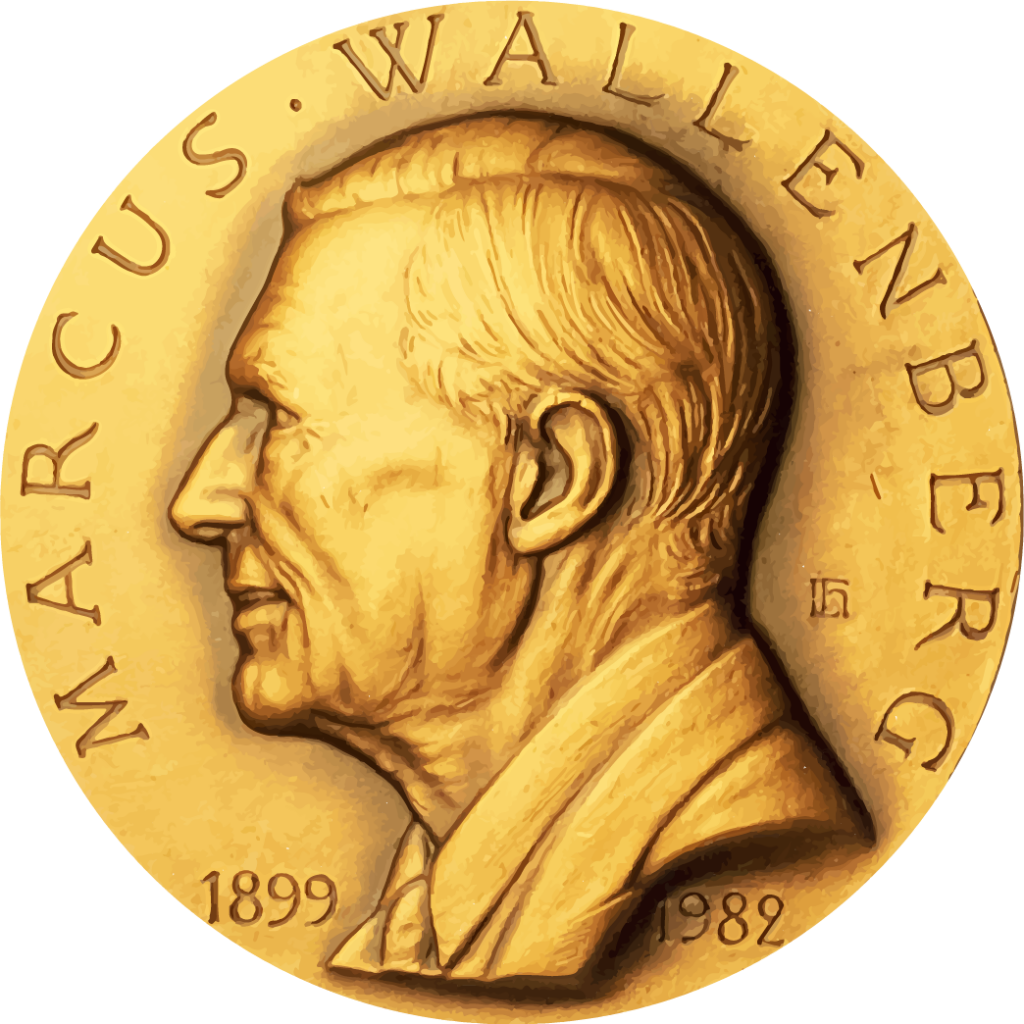A conversation with Anita Teleman
I met Anita Teleman, one of four women ever to receive the Marcus Wallenberg Prize, for a coffee on a clear summer´s day in Stockholm. We talked about the future of forest industry, about riding horses and about the immensely important discovery of hexenuronic acid in the paper making process.
How does it feel that your discovery has had such a huge impact?
It is great fun! And it’s great that this discovery has become useful for the industry. That is how I want to work, with something that is meaningful. The signal from this molecule, hexenuronic acid, was a singlet in the NMR spectrum and these are difficult to analyze. So it was thrilling to go from not understanding anything to that clarity, and thinking “this is this!”.
How was the discovery received among your colleagues?
My colleagues at that time were of course very happy for me, but we knew that other universities working with similar research were thinking “but we were so close!”. And that is how it works in research, many are close to solving the mysteries but you need people who are good at interpreting what you see. It all seems very simple in retrospect.
You won the prize in 2003. What impact has the MWP had on your career?
It has had a large impact because I became known. People know my name and what I’ve done and it means something to others.
Let´s talk about the forest industry in general for a minute. I looked up the most important industries and most of them are
still based on manufacturing bulk products. Yet, we are trying to develop advanced high-value products and many predict that we will sell more know-how in the future. What do you think is the future for the forest industry?
It is not so easy to replace the large volumes produced by the forest industry. But the development is going towards a digital world and we cannot stop it. I think it is important not to ignore the problem, but rather come up with strategies involving new business areas. An example would be the nanofibrillated cellulose and all its potential uses. Other interesting areas are the biorefinary and intelligent packaging.
If you would invest in any of the new products or techniques, which would you bet your money on?
Well, packaging will always be needed in some form, but current packaging needs to be developed. What kind of material will the future packages consist of? How can the package give us information about the content? These are important questions for the future.
How come you become a researcher?
A high school teacher in chemistry, who had the ability to bring chemistry to life, inspired me. It was also then that I took part in the Berzeliusdagarna, an event where students meet researchers and listen to interesting lectures. After high school, I studied chemical engineering at the technical university in Lund, LTH. I did my diploma work at the department of physical chemistry and was offered a position as a graduate student.
If you could go back in time, would you have chosen the same education and career path as you did?
Yes, I think I would. I’ve had fun. But I’ve changed directions many times, working both at universities, institutes and the industry. In other words, completely different worlds. It takes time to understand the organization and the work each time you switch, but it is also very educational and exciting.
Are you passionate about your research?
Yes, just enough! You realize after a while that you have to be passionate at an appropriate level, otherwise it can end badly. I’ve seen colleagues become ill, unfortunately. It can be seen in people before it happens, that something is not quite right.
Have you yourself experienced harsh times?
Yes, oh yes. My husband died of cancer 9 years ago and it was tough, very tough. I did not realize until later how tired I was.
So what do you do when you need to take a step back and relax?
I don´t have trouble relaxing, really. I ride on horseback! For me, it has always been incredibly relaxing, because you have to be 100% aware and you are unable to think of anything else. I was horseback riding as a teenager and started again 12 years ago. I go yearly one week abroad with my daughter to ride horseback. We have been in Turkey, Spain, Portugal and Iceland, just amazing. I think that is a good idea in general, to do something completely different from your daily job sometimes.
Tell us about your family, how old are you children?
I have a son and a daughter, 27 and 23 years of age. And I have one grandchild. I get to spoil my grandchild and have all the fun, without all the work! Both of my children study technical physics and my son is a PhD student at LTH. They follow father’s footsteps; he was also studying physics at LTH when we met. We were graduate students at the same time and took turns to be home when the children were small.
We are finishing our talk, but before we do, could you tell us about your plans for the future?
Well, I like it at my current workplace, Innventia, and don´t have any plans on changing anything. I also think now is a very exciting time to be in the forest industry, with so much happening!





